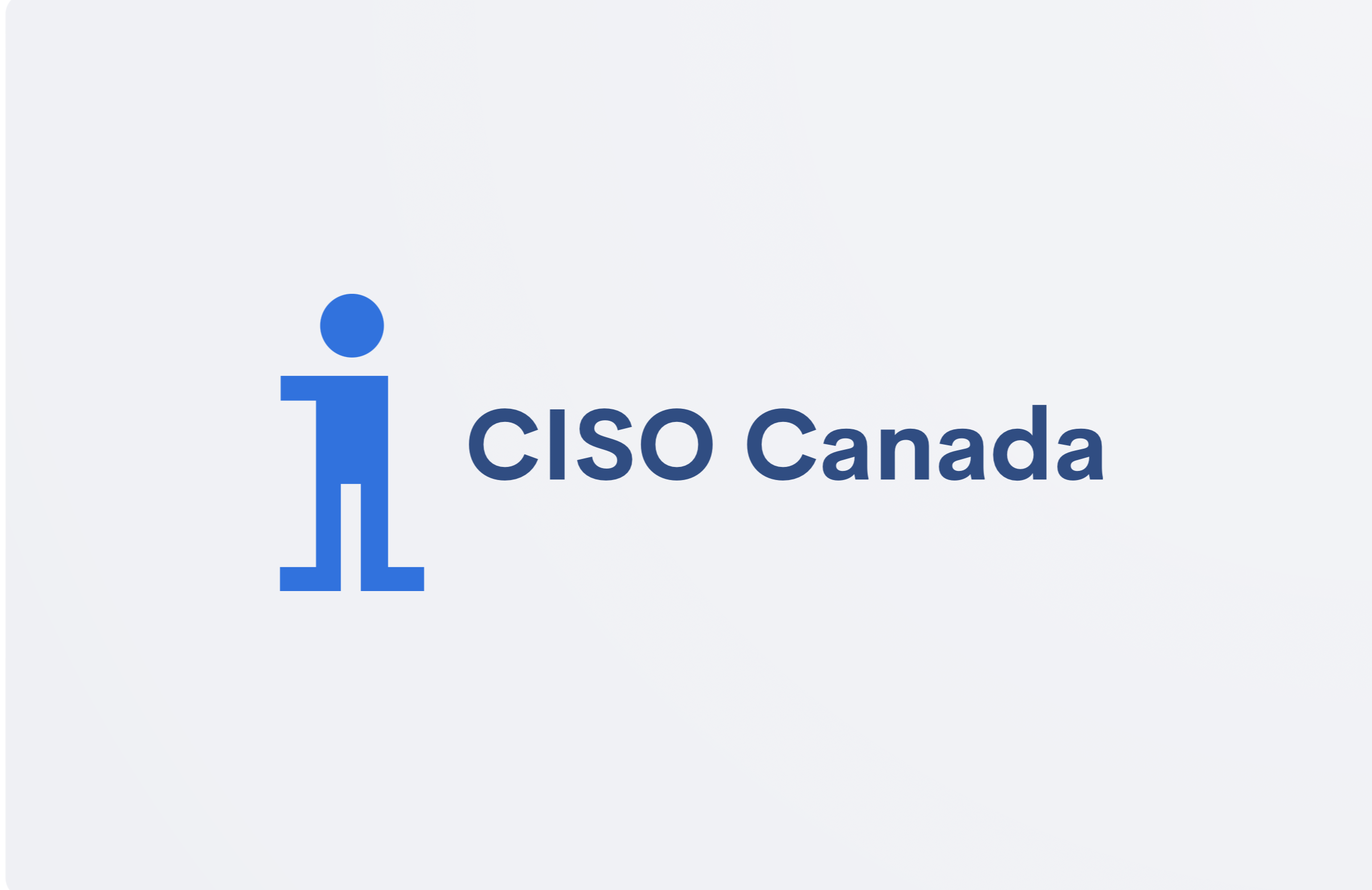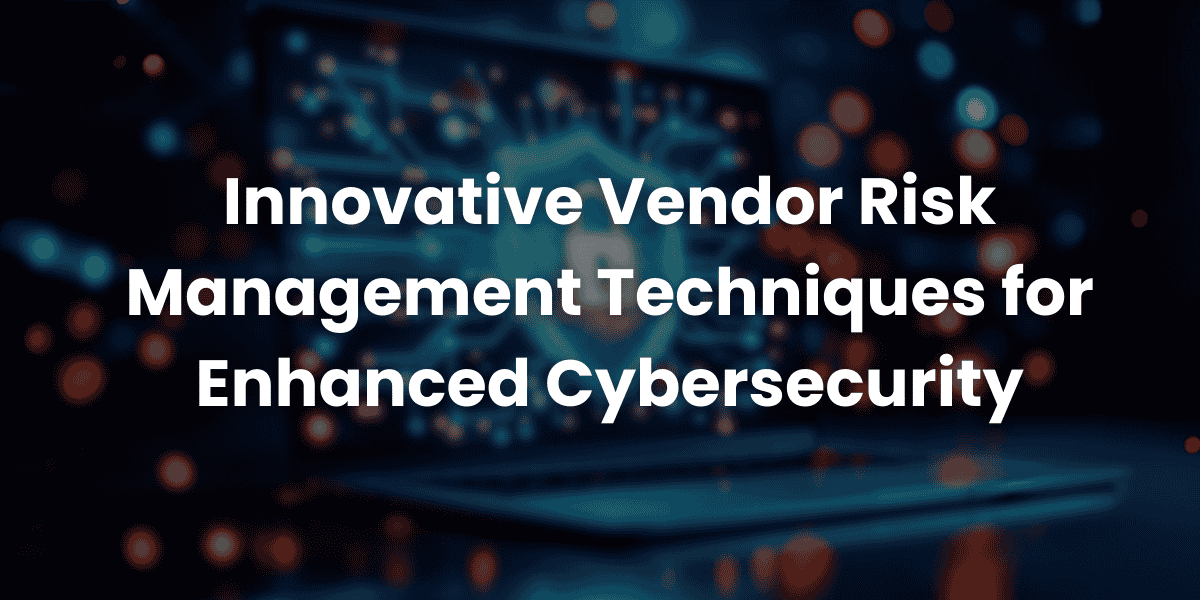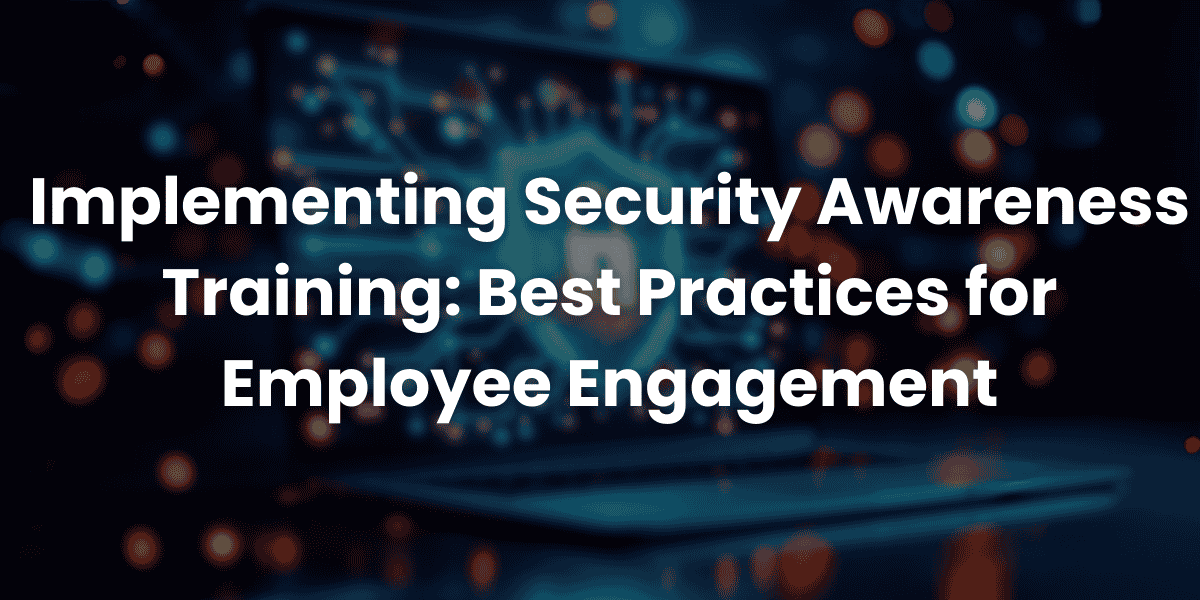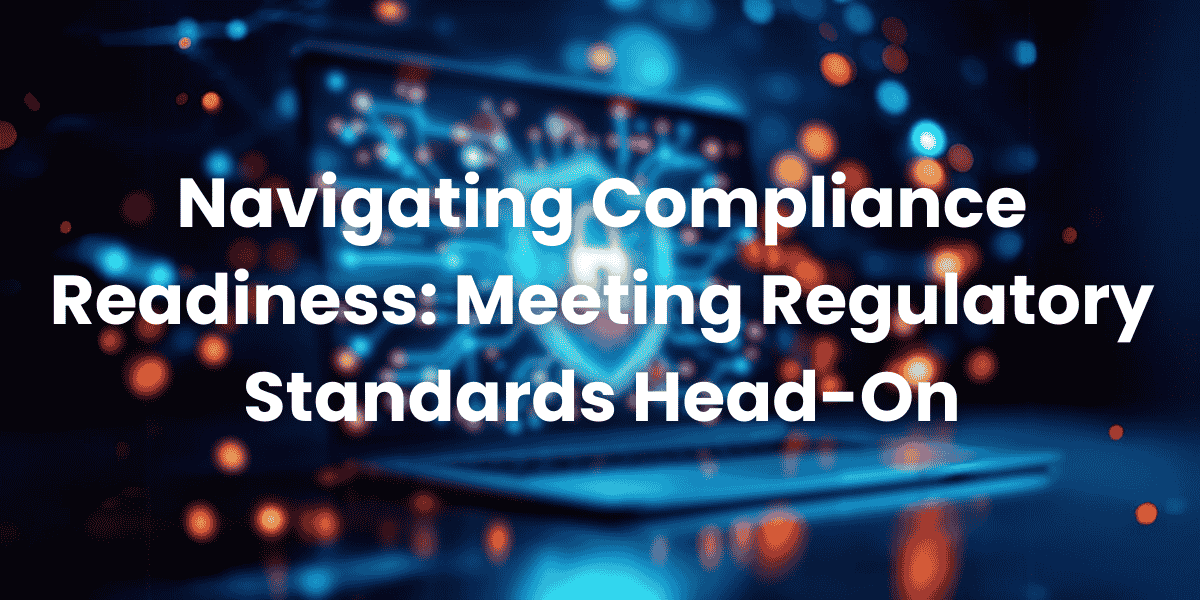In an era of escalating cyber threats and evolving regulatory landscapes, Security Compliance Readiness is no longer optional—it’s a business imperative. For organizations operating in Canada and globally, adhering to standards like HIPAA, PCI, NIST, PIPEDA, Bill 64, ISO 27001, and GDPR ensures operational resilience and stakeholder trust. At CISO Canada, we specialize in guiding businesses to achieve Compliance Readiness through proactive strategies tailored to frameworks such as SOC 2, ISO 27701, and NYS DFS. This article explores why Compliance Readiness matters, how to implement it, and the role of leadership in sustaining it.
Why Compliance Readiness Matters
Regulatory frameworks like GDPR, PIPEDA, and Bill 64 mandate stringent data protection measures, while standards such as ISO 27001 and SOC 2 provide blueprints for robust security practices. Compliance Readiness ensures organizations:
- Avoid costly penalties (e.g., GDPR fines up to 4% of global revenue).
- Mitigate risks of data breaches and reputational damage.
- Build customer confidence through transparent data handling.
For Canadian businesses, aligning with OSFI, CSA, and CIS guidelines further strengthens financial and operational integrity. Without Compliance Readiness, organizations risk non-compliance penalties, legal action, and loss of competitive advantage.
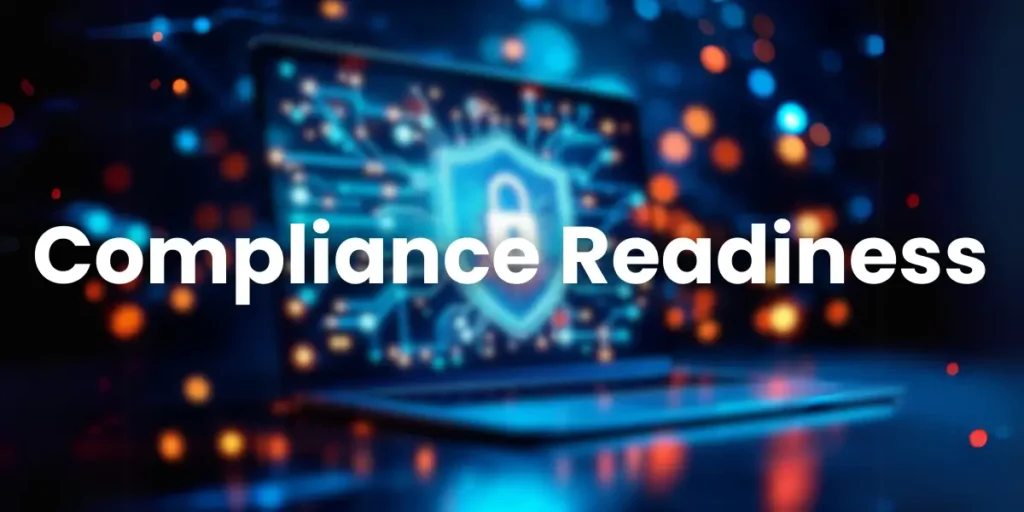
Key Frameworks Driving Compliance Readiness
1. Healthcare & Data Privacy: HIPAA, PIPEDA, and Bill 64
HIPAA governs protected health information (PHI) in the U.S., while Canada’s PIPEDA and Quebec’s Bill 64 (Law 25) regulate personal data. Achieving Compliance Readiness here requires encryption, access controls, and breach notification protocols.
2. Financial Security: PCI DSS, OSFI, and NYS DFS
Payment Card Industry (PCI) standards protect cardholder data, while OSFI guidelines oversee Canadian financial institutions. NYS DFS’s cybersecurity regulations add another layer for entities operating in New York. Compliance Readiness in finance demands rigorous auditing and real-time threat monitoring.
3. Global Standards: GDPR, ISO 27001, and ISO 42001
GDPR’s extraterritorial reach impacts any organization handling EU residents’ data. ISO 27001 (information security) and ISO 42001 (AI governance) provide internationally recognized certifications. Compliance Readiness here demonstrates a commitment to global best practices.
4. Emerging Trends: SOC 2, ISO 27701, and CIS Controls
SOC 2 focuses on service providers’ data security, while ISO 27701 extends privacy management under ISO 27001. CIS Critical Security Controls offer actionable safeguards. Integrating these into your Compliance Readiness strategy future-proofs your operations.
Steps to Achieve Compliance Readiness
1. Conduct a Risk Assessment
Identify gaps in your current posture against frameworks like NIST or CIS. For example, does your incident response plan meet ISO 27001 requirements?
2. Develop Policies Aligned with Regulations
Tailor policies to specific standards. PIPEDA and Bill 64 require explicit consent mechanisms, while HIPAA mandates PHI access logs.
3. Implement Technology Solutions
Deploy tools for encryption (PCI DSS), data minimization (GDPR), and AI governance (ISO 42001). Automation streamlines Compliance Readiness monitoring.
4. Train Employees Continuously
Human error causes 95% of breaches. Regular training on frameworks like GDPR and CSA’s guidelines reduces risks.
5. Perform Regular Audits
Third-party audits validate Compliance Readiness for certifications like SOC 2 or ISO 27701.
Challenges in Sustaining Compliance Readiness
- Evolving Regulations: Laws like Bill 64 and NYS DFS are frequently updated.
- Complexity of Multi-Framework Alignment: Balancing HIPAA, PCI, and ISO 42001 requires cross-functional coordination.
- Resource Constraints: SMEs often lack in-house expertise for Compliance Readiness.
Partnering with experts like CISO Canada simplifies navigating these challenges through scalable solutions.
The Role of CISOs in Driving Compliance Readiness
Chief Information Security Officers (CISOs) are pivotal in embedding Compliance Readiness into organizational culture. Responsibilities include:
- Translating regulations like GDPR and PIPEDA into actionable controls.
- Collaborating with legal teams to address Bill 64 or OSFI updates.
- Advocating for investments in technologies that automate Compliance Readiness tasks.
At CISO Canada, we empower CISOs with tools and insights to lead compliance initiatives confidently.
Conclusion: Prioritize Compliance Readiness to Thrive
In a world where non-compliance can cripple businesses, Compliance Readiness is the cornerstone of sustainable growth. Whether aligning with ISO 27001, preparing for GDPR audits, or adapting to Bill 64’s stringent requirements, organizations must adopt a proactive stance.
CISO Canada is your trusted partner in this journey. By leveraging our expertise in frameworks like NIST, SOC 2, and CSA, we help you achieve and maintain Compliance Readiness—ensuring resilience, trust, and long-term success.
Call to Action: Visit CISO Canada today to explore tailored solutions for your Compliance Readiness needs.
You can also visit Cyber Electra and Data Privacy Officer sites to get more information on Cyber Security and Privacy Services.
